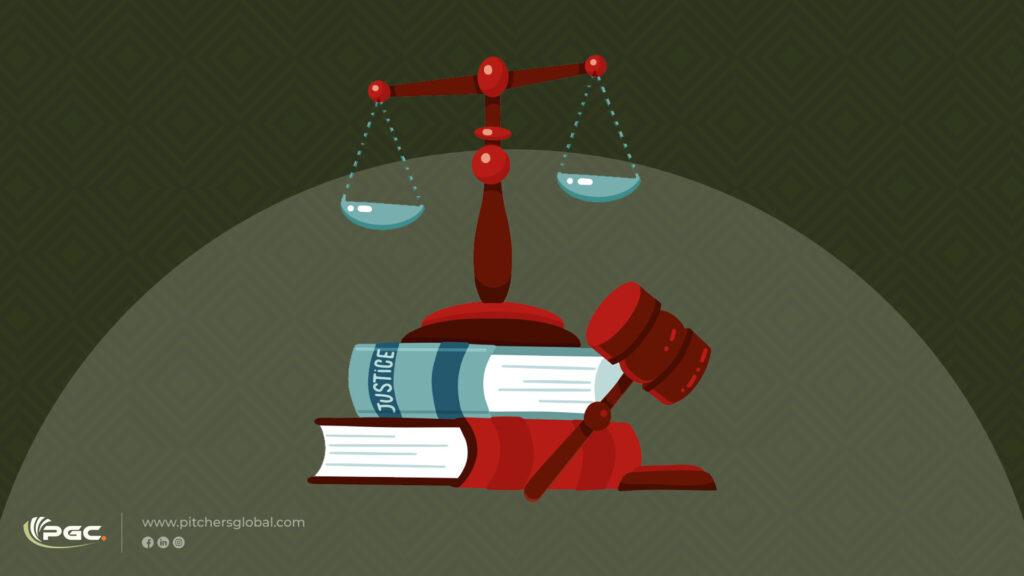When books of accounts or documents of a non-searched person are found during a search, an assessment is made under Section 153C of the Act.
So in this article we will talk about tackling Assessments and Controversies regarding Section 153C!

Navigating Section 153C: Assessments and Controversies
Issue
In the current case [i], writ petitions challenged the validity of notices issued under Section 153C. The contention was whether the Assessing Officer (AO) can initiate proceedings under this section for all assessment years within the block of 6 or 10 years, even if incriminating material was unearthed only for certain years.
Decision of the High Court
The Hon’ble Delhi High Court distinguishes between Sections 153A and 153C. Under Section 153A, the AO can notice all 6 AYs, but action under 153C must be based on the opinion that the material found is likely to influence the determination of total income.
The AO must first identify the AYs to which the material gathered may relate. Thus, only those assessments would face the spectrum of abatement.
If the conditions under this Section are not fulfilled, the AO cannot assume jurisdiction to issue notice under this Section.
Assessee/Taxpayers Contention
In the present case, payments made pertained to AYs 2010–11, 2011–12, and 2012–13. The invocation of 153C for AY 2015–16 was unsustainable.
Reliance was placed on various decisions emphasizing material gathered impacting the computation of income for each particular AY.
Revenue’s Contention
Material found with respect to a particular AY out of the block of six or ten AY’s are sufficient to commence action under this Section and assess or reassess income for the entire block.
Pitchers Global is geared to provide the best and expert guidance on the Section 153C thus helping you bypass the various controversies and assessments with a clear and strategic approach.
